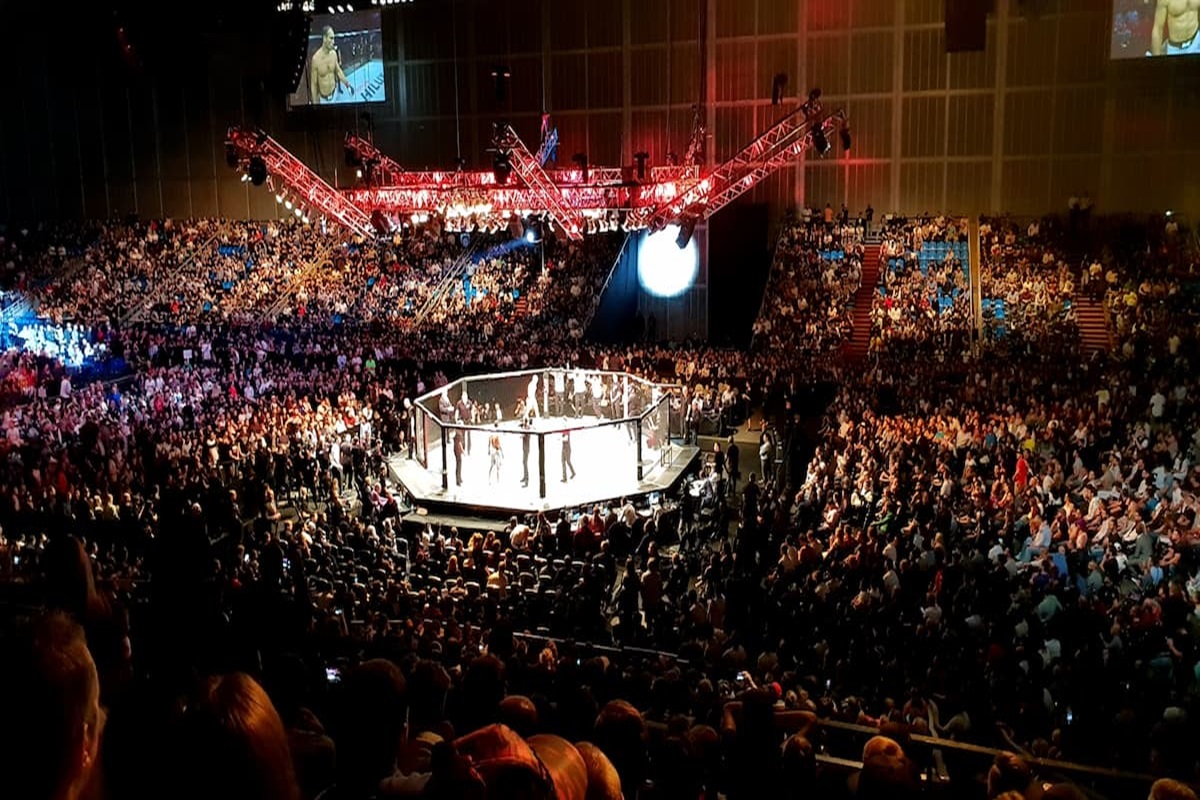THERE are some lovely myths and tales about the life and times of Sir Henry Cooper.
The split glove saving Muhammad Ali in their first fight, selling his three Lonsdale Belts for peanuts, swimming the British channel in a race with Joe Bugner, holding a life-long grudge against a referee, being an Olympian, getting knocked out cold too many times, weighing 13-stone with weights down his kecks. Some are true, some should be true, and some are pure fantasy.
Cooper now has his own statue in south London, close to where he lived. It stands 7ft 9ins and certainly weighs more than the 13st 8 that Cooper averaged during his 55 fights. Cooper liked 13st 6 and often felt sluggish at 13st 9. He fought from 1954 to 1971. He had 12 British heavyweight title fights and two fights outdoors with Ali. One was for the world title; one was for history. He has untouchable statistics.
In the life and fights and times of Henry Cooper there are so many other forgotten moments. It is the odd nights that make me chuckle. They are hard reminders of the business that Cooper ran for so, so long. Sure, sending a young Ali down that glorious night in 1963 from a perfect left hook, losing on the last and saddest night of his career to Joe Bugner are outstanding memories and they will never fade. But, there are a lot of other nights and fights.
Nobody is talking about the night in early 1966 at Wolverhampton’s Civic Centre when Cooper needed about 100 seconds to stop American Jefferson Davis. It was fight number 45 and Davis had previously beaten Henry’s devoted brother, Jim; Davis had also been in with a lot of good fighters, including Ali as an amateur. There was no need for the count. Just 12 weeks later, Cooper would walk out and fight Ali for the world title at Highbury. No disrespect to my Black Country brothers and sisters, but how does a genuine sporting idol fight at a Civic Centre when the deal is done for the Ali rematch? I have no idea how many Ron Gray crammed in there on the night, but it was certainly not the 20,000 that will show up for Joshua’s fight against Jermaine Franklin.
Cooper starts 1966 with Davis in February, loses to Ali on cuts in May and then in September is back in the ring at a sold-out Wembley Empire Pool against Floyd Patterson. The Patterson fight is as overlooked as the excursion to Wolverhampton.
At the time of the fight, Patterson was far from finished. He had lost to Ali in a world title in his previous fight and the following year would draw with Jerry Quarry. This was a wildly competitive fight and had, I guess, a predictable ending.
“You will have to tell me what happened,” said Cooper in the dressing room after losing to Patterson. “What a choker. Any man that does that to me, must be good.” It was not pleasant. Patterson dropped Cooper at the end of the third and again in the fourth, the British fighting-folk hero regained his feet, but not his senses. He was helpless when he was hit with a final right hand. The punch was clean, Cooper turned round, clearly out on his feet and went down face first to the canvas. All over and a few minutes later, still clearly stunned, Cooper had to be told by the press what happened.
I have always loved the tales from the dressing rooms of fights in the Sixties and Seventies. The hack pack cram in, pads out, snouts out and ask a broken and bloody champion what went wrong? No cameras, just words for tomorrow’s paper. Cooper was ever obliging. There is a lot more to be learned from Cooper than how to throw the perfect left hook. Honest and vulnerable never fails with the public.
Henry Cooper fights Jack Bodell at the Empire Pool, Wembley, London on March 24, 1970 (Evening Standard/Hulton Archive/Getty Images)
How about the time between September 1956 and September 1957 when Cooper lost four on the spin and was stopped or brutally knocked out in three of them. In 2023, you lose a round and your condemned. Cooper went to Sweden to lose to Ingemar Johansson for the European title in the middle of the sequence. He lost that fight because the sun was in his eyes, honest, and he never saw the final punch. It’s a stunning set of figures. Cooper’s career is packed with stunning sets of barely believable figures.
A year later, Cooper outpointed the avoided American, Zora Folley, at the Empire Pool. It was 1958 and at that point, Cooper could have been given a world title shot – he would have to wait over eight years. What a cruel business Cooper reigned over. In the Folley fight, Cooper was dropped in the third and badly cut from the eighth. It is a hidden epic. Folley had only lost twice before that night and a few months earlier had drawn over twelve rounds with Eddie Machen, who was unbeaten in 24 fights. Folley and Machen were, at that time, the invisible men of boxing. Cooper mixed in the highest of company.
In late 1961, in a fight that makes no sense, Folley got revenge in the rematch with Cooper. The setting was once again the Empire Pool and down and out went Cooper in round two. Cooper, by the way, he weighed just 13st 2 and I calculate that Carl Froch was probably more for most of his super-middleweight world title fights. The loss ruined all plans for Cooper to fight Floyd Patterson for the world title. Folley, incidentally, never got his chance and would have to wait until 1967 when he lost to Ali for the title.
There is a lot more to Sir Henry Cooper than a couple of bloody scraps with Ali. The statue might just be the start of a little overdue attention and affection.





















Discussion about this post